Navigating the Hebrew Israelite Calendar: 2024-2025 and Past
Associated Articles: Navigating the Hebrew Israelite Calendar: 2024-2025 and Past
Introduction
With nice pleasure, we’ll discover the intriguing matter associated to Navigating the Hebrew Israelite Calendar: 2024-2025 and Past. Let’s weave attention-grabbing info and supply contemporary views to the readers.
Desk of Content material
Navigating the Hebrew Israelite Calendar: 2024-2025 and Past
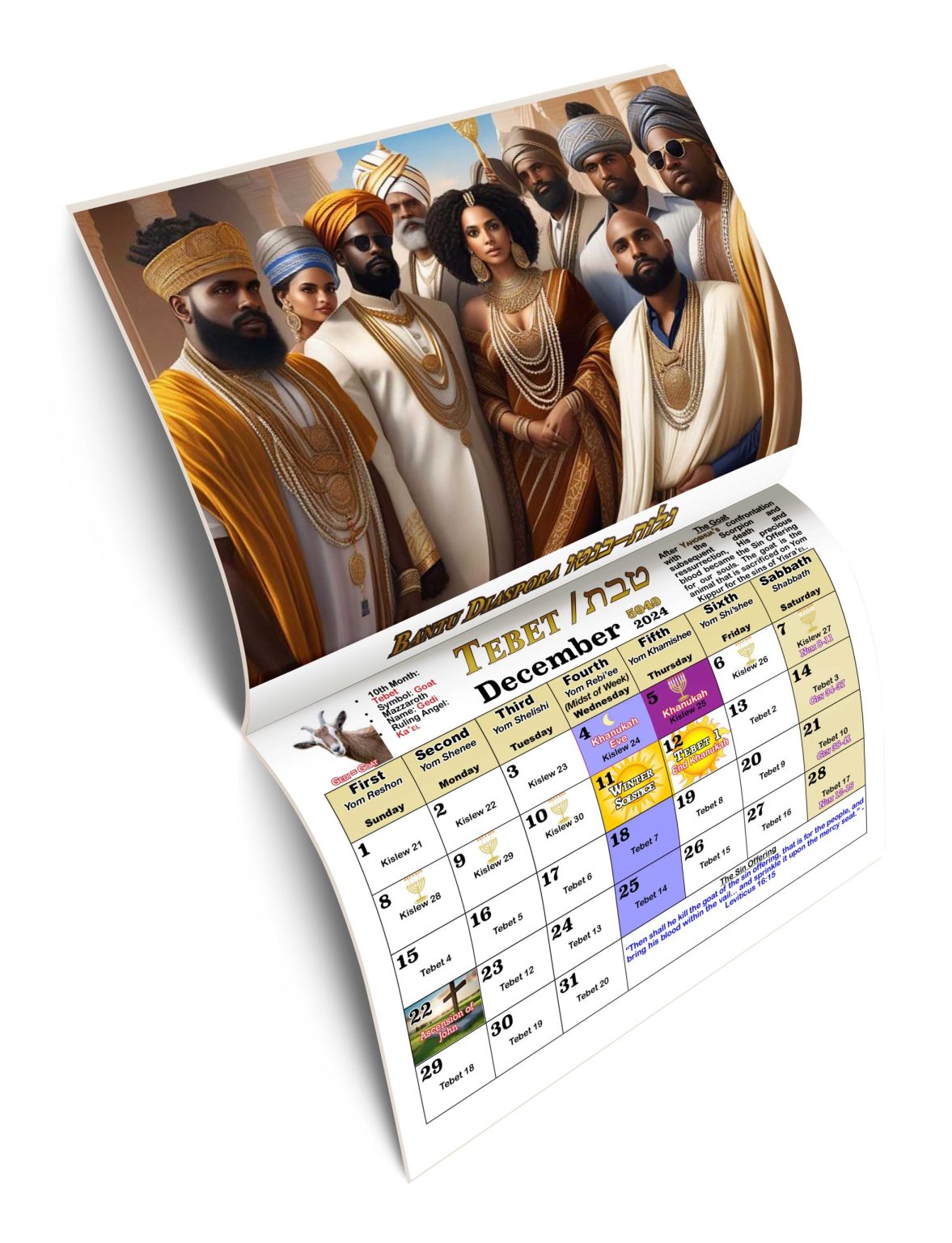
The Hebrew calendar, a lunisolar calendar utilized by Jewish folks and a few Hebrew Israelite communities, is a posh and interesting system that intertwines lunar cycles with the photo voltaic yr. Understanding its intricacies is essential to appreciating the non secular and cultural significance of the dates and holidays it marks. This text will delve into the Hebrew Israelite calendar for 2024-2025, exploring its construction, key dates, and the importance of its distinctive strategy to timekeeping.
The Lunisolar Dance: Understanding the Hebrew Calendar’s Construction
In contrast to the Gregorian calendar, which is only photo voltaic, the Hebrew calendar is lunisolar. This implies it is based mostly on each the lunar month (roughly 29.5 days) and the photo voltaic yr (roughly 365.25 days). The lunar months are 29 or 30 days lengthy, alternating to approximate the lunar cycle. Nevertheless, the lunar yr is roughly 11 days shorter than the photo voltaic yr. To reconcile this discrepancy and preserve the calendar aligned with the seasons, the Hebrew calendar incorporates an intercalary (leap) month roughly seven occasions each 19 years. This 19-year cycle is called the Metonic cycle.
The Hebrew yr is numbered from the creation of the world based on Jewish custom. The yr 2024 within the Gregorian calendar corresponds to the yr 5784-5785 within the Hebrew calendar. The yr begins within the autumn, sometimes round September or October. That is vital as a result of most of the main holidays are tied to the agricultural cycle, reflecting the historic connection between the Jewish folks and the land of Israel.
Key Dates and Holidays within the Hebrew Israelite Calendar 2024-2025:
Whereas particular dates range barely relying on the group and the tactic of calculation used, the key holidays stay constant. The next are some key dates and observances for the Hebrew Israelite calendar in 2024-2025 (Gregorian calendar equivalents are approximate and needs to be verified with a dependable Hebrew calendar):
-
Rosh Hashanah (5785): The Jewish New 12 months, a two-day pageant marking the start of the Excessive Holy Days. It sometimes falls in September or October. This can be a time of introspection, repentance, and prayer.
-
Yom Kippur (5785): The Day of Atonement, the holiest day within the Jewish calendar. It follows Rosh Hashanah and is a day of fasting, prayer, and in search of forgiveness.
-
Sukkot (5785): The Feast of Tabernacles, a seven-day pageant celebrating the harvest and commemorating the Israelites’ wandering within the desert. It includes constructing and dwelling in momentary huts (sukkahs).
-
Shemini Atzeret (5785): The eighth day of Sukkot, a day of rejoicing and concluding the pageant.
-
Simchat Torah (5785): Rejoicing with the Torah, a celebration marking the completion of the annual cycle of studying the Torah.
-
Hanukkah (5785): The Pageant of Lights, an eight-day pageant commemorating the rededication of the Second Temple in Jerusalem. It sometimes falls in November or December.
-
Purim (5785): The Feast of Heaps, a joyous pageant commemorating the deliverance of the Jewish folks from Haman’s plot to exterminate them in historic Persia.
-
Passover (Pesach) (5785): A seven-day (eight in Israel) pageant commemorating the Exodus of the Israelites from Egypt. It’s a time of remembrance, reflection, and celebration of freedom.
-
Shavuot (5785): The Feast of Weeks, a pageant commemorating the giving of the Torah at Mount Sinai.
Variations inside Hebrew Israelite Communities:
It is essential to notice that whereas the core construction of the Hebrew calendar stays constant, there could be refined variations in how completely different Hebrew Israelite communities observe the vacations and calculate the dates. Some communities may adhere strictly to conventional calculations, whereas others may incorporate fashionable astronomical knowledge or barely completely different interpretations of halakha (Jewish legislation). Subsequently, consulting a particular group’s calendar or a acknowledged authority inside that group is important for exact date info.
The Significance of the Agricultural Cycle:
The Hebrew calendar’s connection to the agricultural cycle is deeply ingrained in its construction and observance. Lots of the main holidays are immediately linked to the harvest seasons and the agricultural lifetime of the traditional Israelites. Rosh Hashanah, for instance, marks the start of the brand new yr and the evaluation of the earlier yr’s harvest. Sukkot celebrates the harvest, and Shavuot commemorates the wheat harvest. This connection highlights the historic relationship between the Jewish folks and the land of Israel, emphasizing the significance of agriculture and the cycles of nature.
Past the Dates: The Religious Significance of the Calendar
The Hebrew calendar is greater than only a system of dates; it is a framework for understanding Jewish historical past, spirituality, and identification. The vacations and festivals will not be merely historic commemorations however alternatives for non secular reflection, renewal, and group constructing. Every vacation carries its personal distinctive significance and supplies a framework for participating with Jewish traditions and values. The cyclical nature of the calendar reinforces the thought of steady renewal and the continuing journey of the Jewish folks.
The Hebrew Calendar and Modernity:
Within the fashionable period, the Hebrew calendar continues to play a significant position in Jewish life, whilst Jews reside in various geographical places and cultural contexts. The calendar serves as a unifying drive, connecting Jews worldwide via shared holidays and traditions. The usage of digital calendars and on-line assets has made accessing correct Hebrew calendar info simpler than ever earlier than. Nevertheless, the underlying ideas of the lunisolar system and the non secular significance of the vacations stay central to Jewish identification and observe.
Conclusion:
The Hebrew Israelite calendar for 2024-2025, and past, is a testomony to a wealthy and enduring custom. Its intricate construction, deeply rooted in each lunar and photo voltaic cycles, displays a profound connection to the land, the agricultural rhythms of life, and the non secular journey of the Jewish folks. Whereas variations exist inside completely different communities, the core ideas and the importance of the key holidays stay central to Jewish identification and observe. Understanding this calendar permits for a deeper appreciation of the historical past, tradition, and spirituality of the Jewish folks, enriching our understanding of a system of timekeeping that has spanned millennia. By consulting dependable sources and interesting with the wealthy tapestry of Jewish custom, we are able to navigate the Hebrew calendar with each accuracy and perception, appreciating its enduring relevance within the fashionable world.
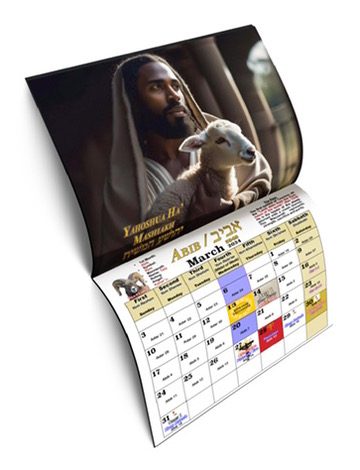
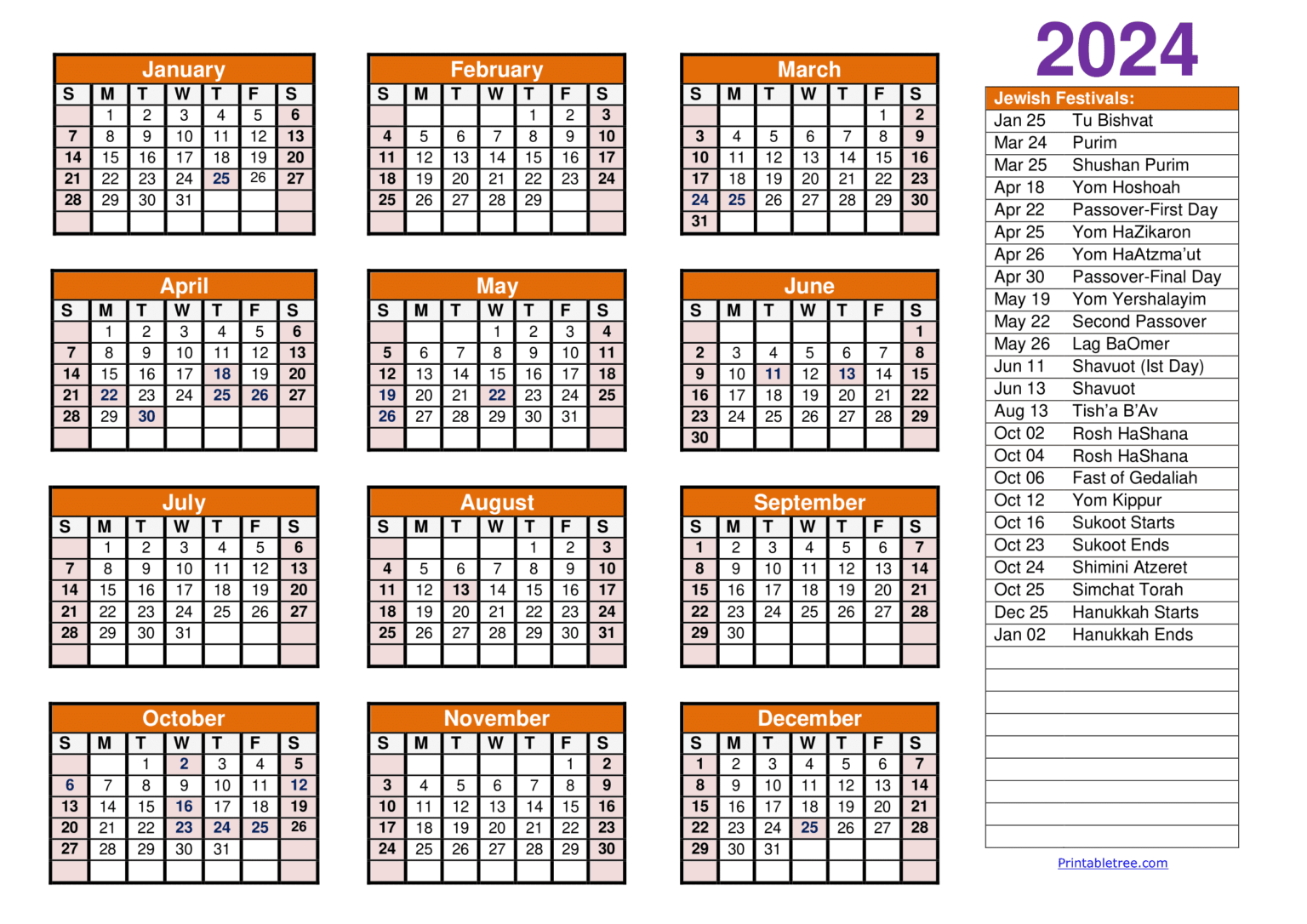
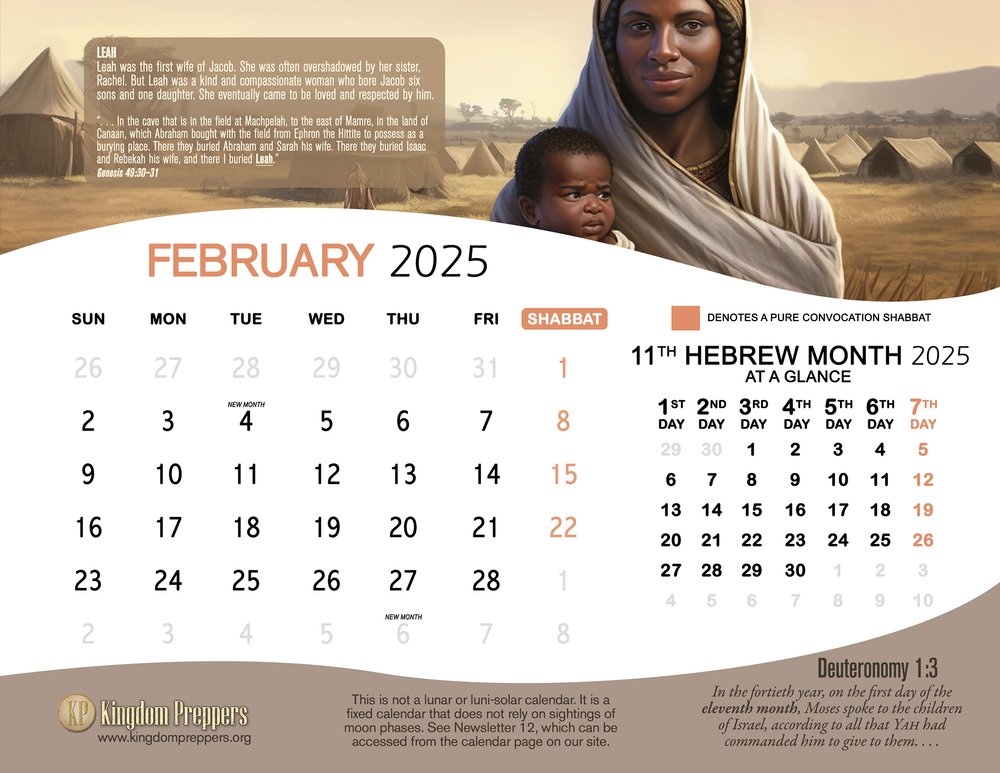
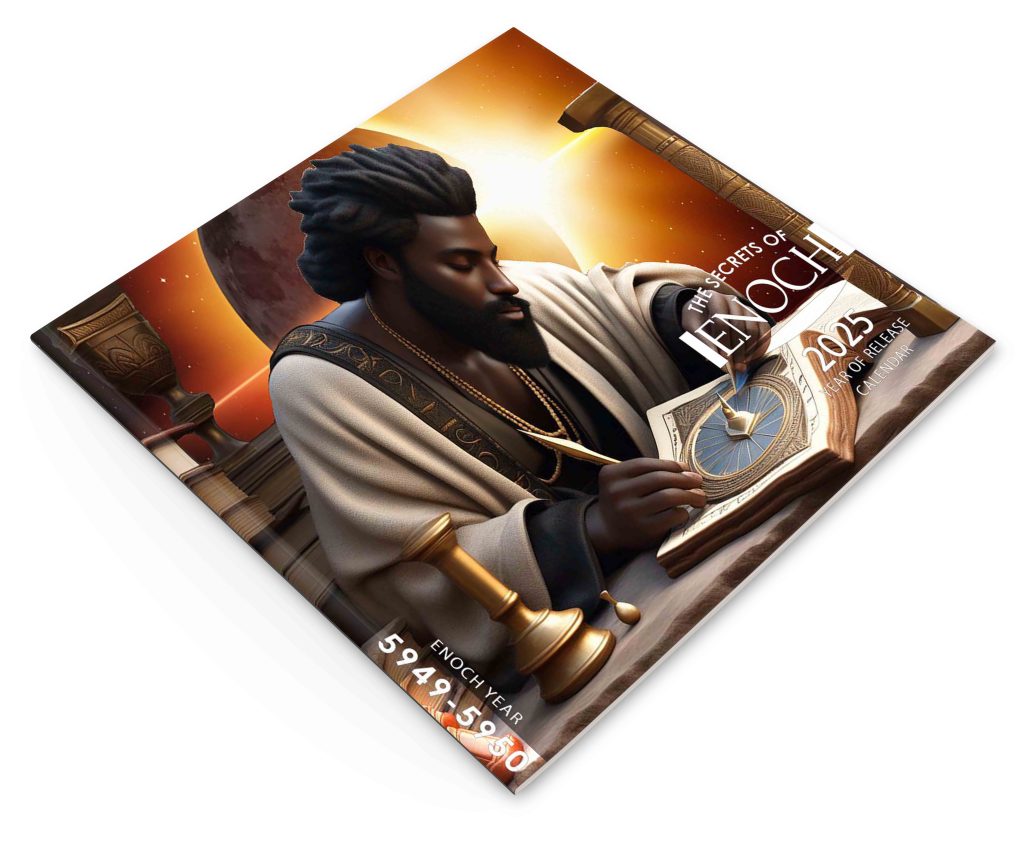
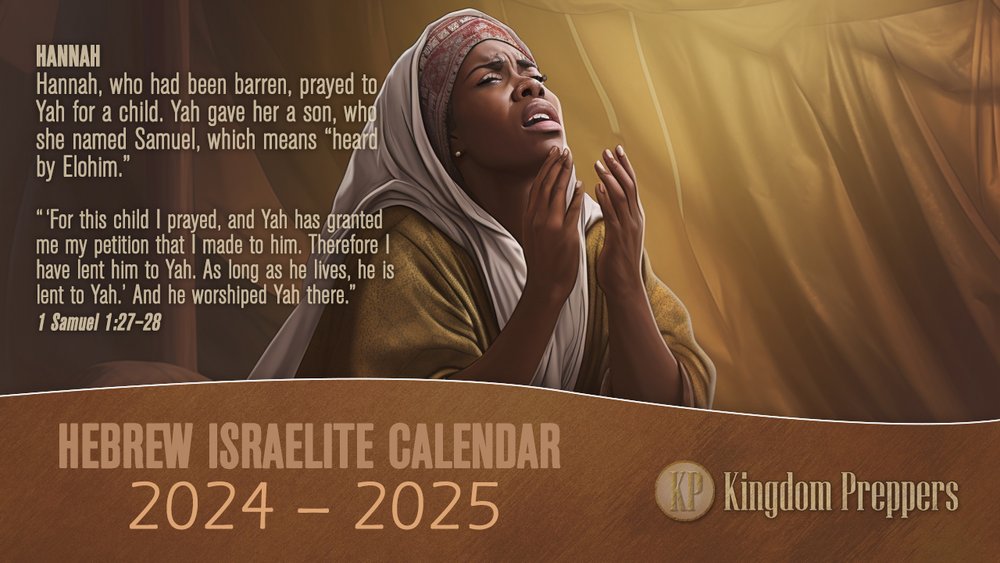


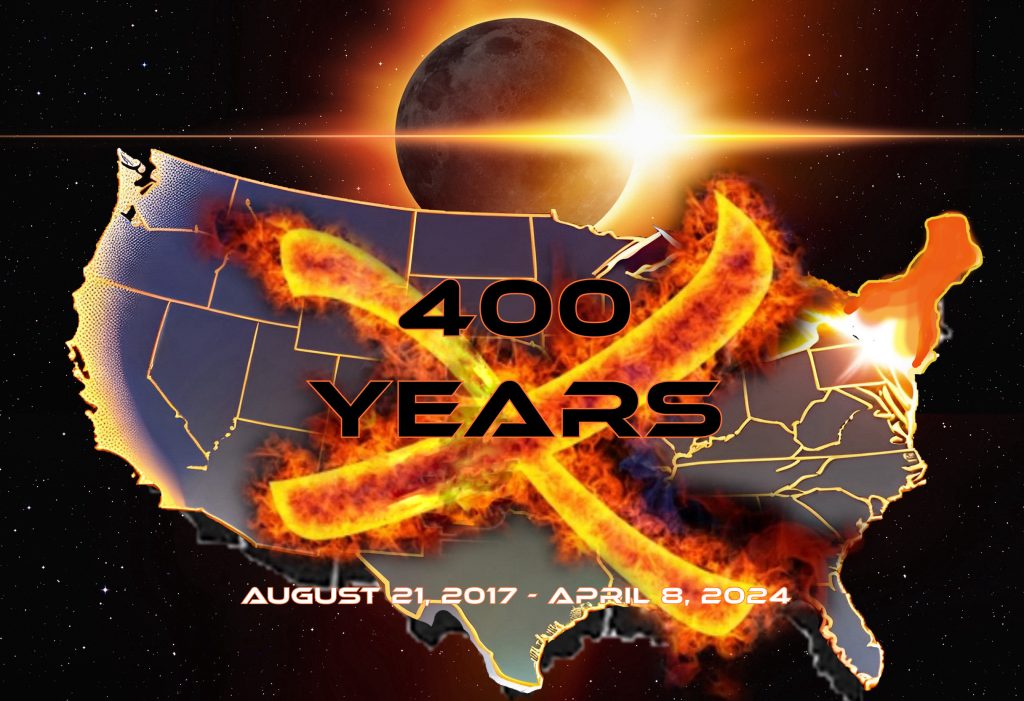
Closure
Thus, we hope this text has supplied invaluable insights into Navigating the Hebrew Israelite Calendar: 2024-2025 and Past. We hope you discover this text informative and helpful. See you in our subsequent article!